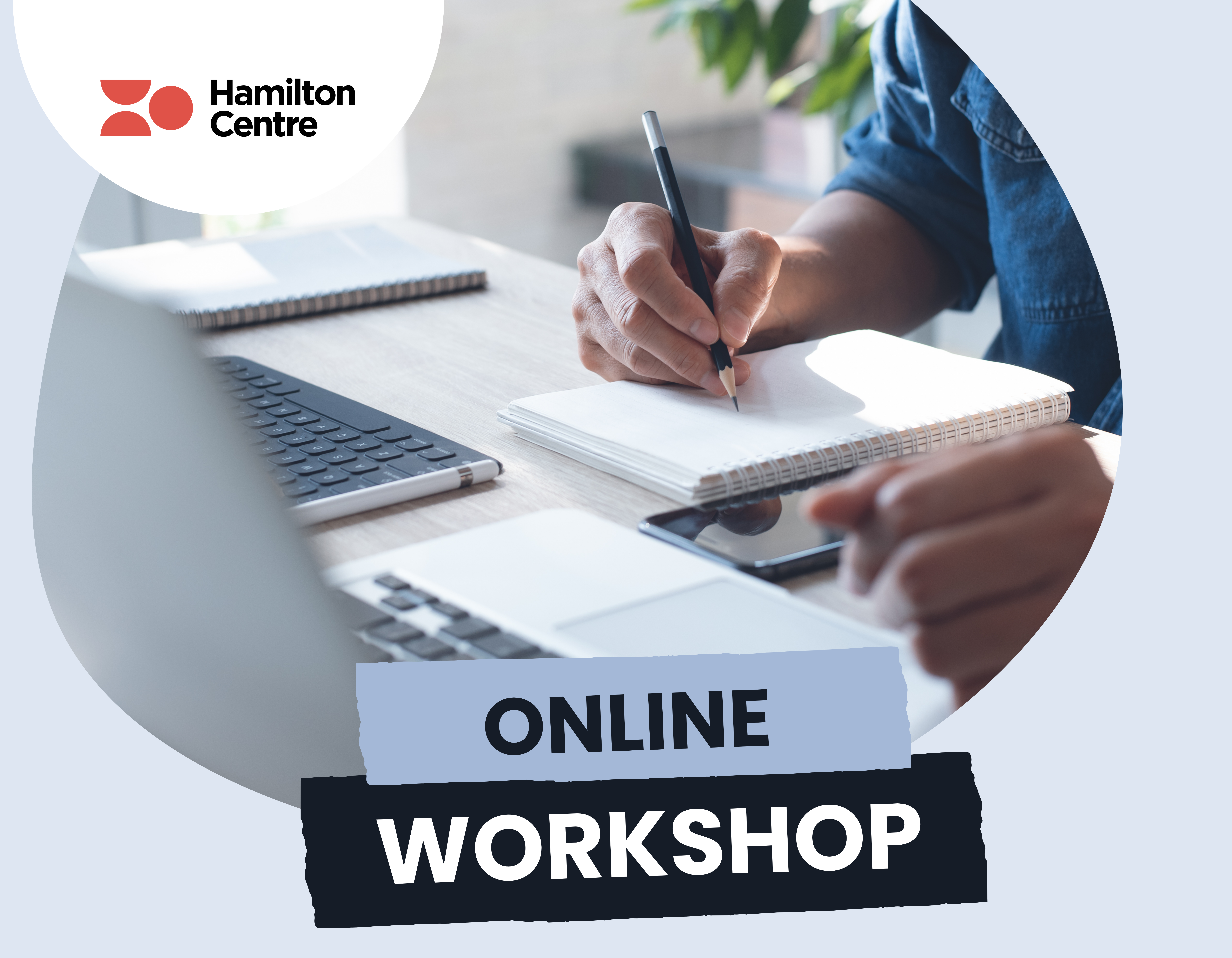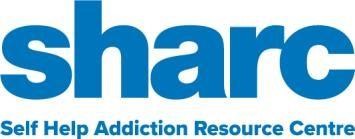ONLINE | Building a safe and inclusive practice and successfully coordinating care

ONLINE | Building a safe and inclusive practice and successfully coordinating care
2 June @ 9:00 am - 3:00 pm
FreeEvent Navigation

A workshop for community-based AOD and mental health workers.
This free, online session will provide an overview of strategies for building a safe and inclusive practice and successfully coordinating care in the AOD and mental health sectors. It is aimed at community-based AOD and mental health workers.
This workshop is offered by Hamilton Centre and funded by the Victorian Department of Health.
- Date: Monday, 2nd June 2025
- Time: 9am – 3pm
- Cost: Free
Participants will receive a certificate of attendance and will be asked to complete a survey to help us improve future events.
Places are limited, so early registration will secure your spot. For further information, please contact us at education@hamiltoncentre.org.au
Learning objectives
Part 1: Building a safe and inclusive practice: Addressing stigma
- Identify the most common examples of stigma in health settings.
- Explore forms, effects, and causes of stigma.
- Discuss steps to challenge stigma.
Part 2: Care-coordination
- Understand the continuum of care for people with co-occurring conditions in the Victorian healthcare system.
- Explore the difference between collaborative and integrated care.
- Identify opportunities to enhance integrated care.
Presenters:
Dr Siegfried Lichtwark, Lecturer (Education Focused) Addictive Behaviours, Turning Point and Monash University. Siegfried is a lecturer for the graduate programs in Addictive Behaviours, which are three fully online courses that are offered in partnership with Monash University and Turning Point. Siegfried is an experienced educator at all levels of higher education as well as community adult education. Siegfried is also a subject matter expert on the prevention and response to sexual assault and sexual harassment in the Australian higher education sector. Siegfried holds a PhD in Cognitive Psychology and a Master in Social Science.
Shirley Gill is a clinical psychologist with 30 years of experience in addiction, dedicated to creating safe spaces for clients in clinical settings. She has specialised in working with people presenting with substance use issues, mental health disorders and problem gambling. Shirley’s clinical practice for the last 10 years has been in a community health setting. In addition, Shirley has a strong educational background, having worked in both secondary school and tertiary education settings. Shirley’s passion for teaching led her to join the Turning Point workforce development team in 2007 as a trainer and educator. During this time, she contributed to the development of Monash University’s Graduate Program of Addictive Behaviours, and she has been teaching in the Graduate Program of Addictive Behaviours since its inception 2014. As a Monash University lecturer, Shirley continues to co-ordinate the second-year unit, Co-occurring Mental Illness and Substance Use or Addiction.
Lee Baillie (they/them) is a senior social worker at Turning Point. They have 5+ years of experience in the adult AOD sector in Naarm and completed a postgraduate degree in Addictive Behaviours via Monash University (2021). Lee has extensive experience in coordinating the care of people experiencing substance use disorders, mental ill health and significant psychosocial complexities, including family violence, forensic and legal needs and people who are unhoused. Lee is a passionate advocate for equity and diversity in healthcare and works to utilise a decolonial approach to their clinical work. As a trans-nonbinary person, Lee brings lived experience as part of the LGBTQIA+ community to the AOD sector and works to challenge the stigma and discrimination experienced by minority populations accessing health treatment.


